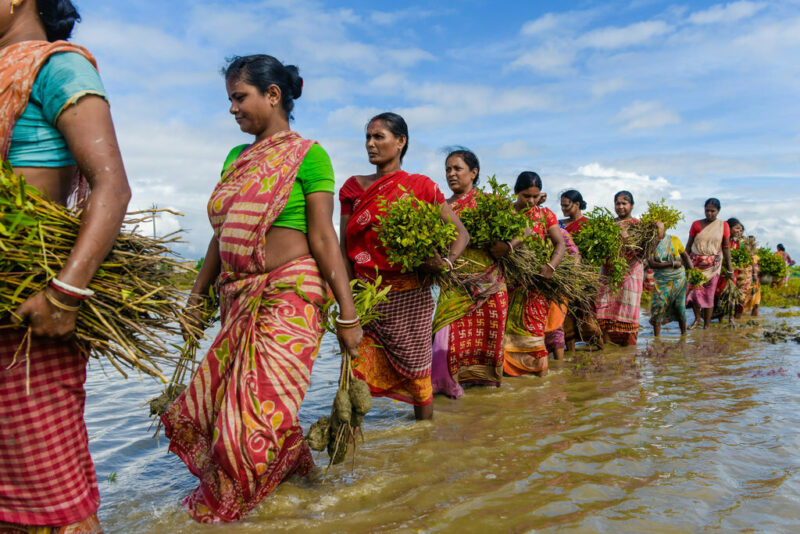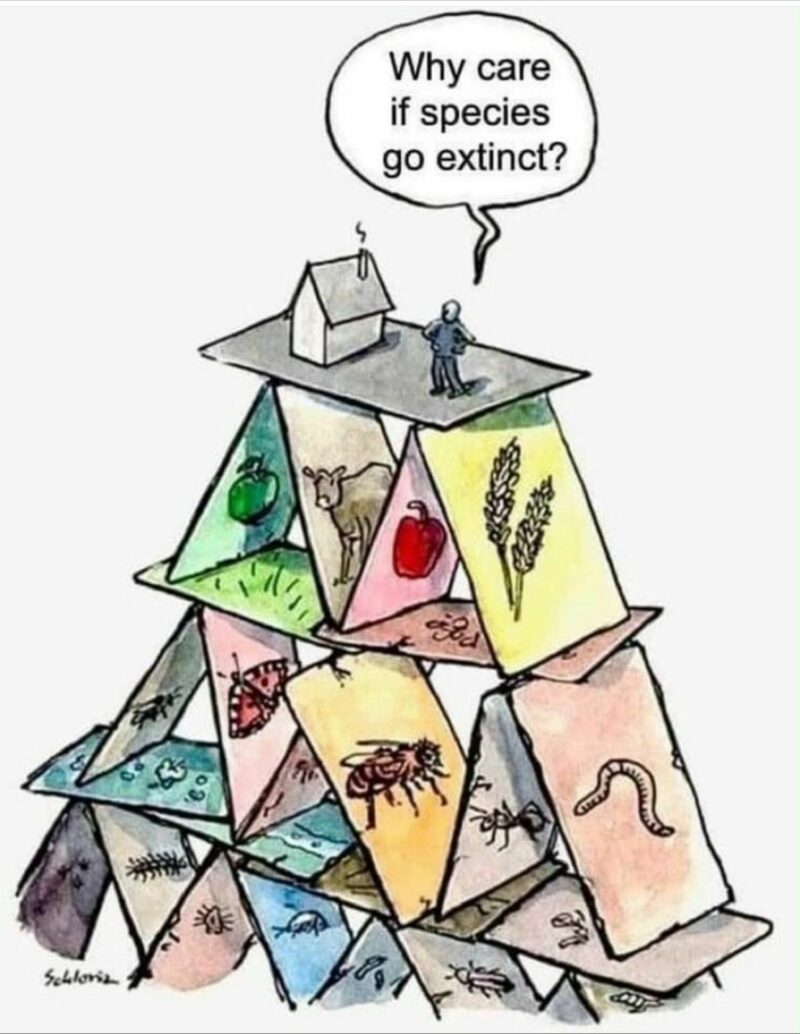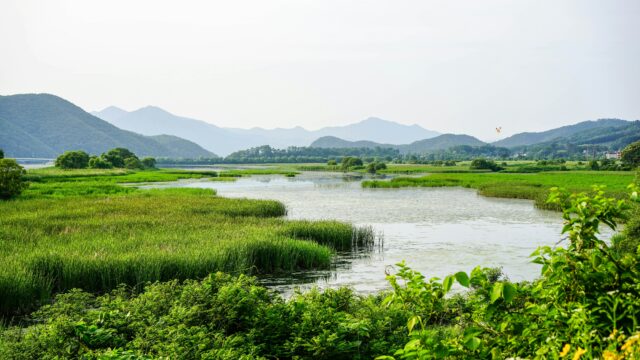Make Montreal matter: for people, economies and Nature
The future of nature itself is up for negotiation this week at COP15. We must not miss this opportunity for real change

The future of Nature, and humanity’s future, is being negotiated when the Global Biodiversity Framework, an action plan for safeguarding nature, will be adopted at the Biodiversity CoP in Montreal. After a two-year delay, this key multilateral process kicks off this week, with a mission to transform society’s relationship with nature and identify actions that will help achieve the vision of ‘living in harmony with nature’.
Biodiversity loss is in freefall. None of the previous targets to stop the destruction of nature have been met. No corner of our economies will be left untouched by environmental breakdown. Every national priority – jobs, welfare, poverty, industry, investment – will be hit as nature recedes. We need to make Montreal a success and land a plan that restores rather than degrades nature, includes all voices and safeguards rather than bankrolls nature.
Six years ago, the Economics for Nature partnership was established to push for system-wide change to maintain, protect, invest in and restore nature. The partnership connected the green economy and natural capital communities, working closely with global, regional and national organisations and with other sector networks. Led by the Green Economy Coalition, the partnership has worked to put natural capital at the heart of economic policy, making nature’s value central to policies and visible in business and finance decisions. With global partners – the Capitals Coalition, Green Growth Knowledge Platform and WWF France, the partnership operated at the frontier of policy transformations to protect and restore nature at scale.
6 years on and the programme is coming to an end (download our full project report here). It is important to take a step back, learn the lessons and celebrate the work. Together, we’ve shaped global, regional and national policy contexts. We’ve created new networks and connected existing ones. We’ve identified and filled knowledge gaps on the integration of natural capital in economic decision making. And we have strengthened institutions to adopt new policies and investments that integrate nature.
The ecological crisis is so big that only structural global economic reform is a commensurate solution. But what transpired in the last decade was green economy transition plans centred almost entirely around transitions to low carbon, and more recently net zero, economies. Yes, carbon is critical but it’s not the whole story. Carbon and nature are two sides of the same coin. Carbon heats but nature bites.
“ The concept of natural capital — although not universally supported — has helped to make nature visible.”
Whilst governments, businesses and financial institutions have made progress towards accounting for carbon emissions, most economic decisions still do not account for our impacts and dependencies on natural capital - such as healthy soils, breathable air and clean water. The Economics for Nature partnership decided to do our bit to add the ‘green’ into the ‘green economy’. And we did this by championing natural capital.
The concept of natural capital — although not universally supported — has helped to make nature ‘visible’. Although expressing nature as a ‘capital’ can be contentious, six years of experience shows it helps mainstream nature’s value into business and financial decision making and development planning. Focusing on valuing natural capital has been an effective way to progress nature positive economies. It is also among the ‘multiple perspectives and understandings of the natural world’, including those linked to mental health, spiritual health, environmental health and more that we need to draw on to rebuild humanity’s relationship with nature.

Collaboration has been key. Work over six years has shown that it takes perseverance and innovative approaches to build understanding between public and private accounting experts, between policymakers and practitioners, between conservation and development advocates as many do not recognise their co‑dependence and the benefits of working together. Economics for Nature has been the only global initiative connecting the green economy agenda with the natural capital agenda. It united networks spanning business, civil society and policy institutions into an agile ‘network of networks’ capable of intervening at different levels (local to global) and connecting public, civil society and private expertise.
The partnership worked closely with organisations and sector networks combining agendas of institutions working on conservation, development finance, climate change and development: institutions now alive to the role nature plays in all their objectives and effectively advocating with one message — we need an economic system that protects and restores nature, a nature positive economy in which people and the planet thrive.


